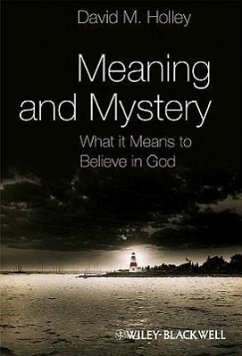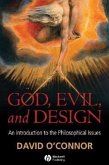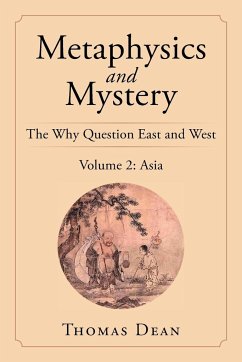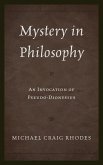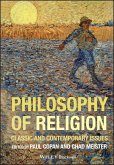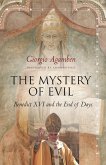Philosophers typically assume that the appropriate way to reflect on God's existence is to consider whether God is needed as a hypothesis to explain generally accepted facts. In contrast, David Holley proposes that the question of belief should be raised within the practical context of deciding on a life-orienting story, a narrative that enables us to interpret the significance of our experiences and functions as a guide to how to live. Using insights from sociology and cognitive psychology to illuminate the nature of religious beliefs, Holley shows how removing religious questions from their larger practical context distorts our thinking about them. Meaning and Mystery makes abundant use of illustrative material, including examples drawn from television shows such as Joan of Arcadia, from films such as Stranger Than Fiction, as well as from literature such as Les Misérables, Life of Pi, Flatland, and Leo Tolstoy's A Confession. Challenging the way philosophy has traditionally approached the question of God's existence, this book will be of interest to anyone who wants to think seriously about belief in God.
"With these minor criticisms in mind, Holley's work should becommended for its unique and provocative approach of defendingreligious belief in the age of modernity which, at the same time,defends naturalism and atheism. He has revealed to us that one neednot be legitimized at the expense of the other." (InternationalJournal For Philosophy of Religion, 8 January 2011)
"Holley makes strong but subtle arguments for a transcendentagent conception of God, and the need for this image for a coherentmorality, the value of revelation-bearing traditions, and thepriority of practice for discovering belief." (CHOICE,September 2010)"The question of the existence of God has been partof the philosophical debate ...with arguments advanced for andagainst it. In this heartfelt ... argument for God'sexistence, the author studies the subject from every perspective.Echoes of ancient thinkers as well as more contemporary observersof the religious scene are well represented herein. Holley isclearly well versed in the arguments on both sides of the question.And he shows some insight into those who find belief in God to be athing devoutly to be avoided even while espousing belief as part ofhis own life. In the end, Holley chooses faith over doubt andoffers guidelines for those seeking an experience with the divine.His observations are well worth reading." (PublishersWeekly, January 2010)"This book achieves something very difficult: it provides a freshand innovative way of looking at the age-old questions aboutreligious faith that philosophers have argued about for centuries.Written in a clear and engaging style, Holley shows the role'life-orienting stories' play for both believers and atheists, and,without dogmatism or minimizing difficulties, he shows howreligious faith might be possible in the contemporary world."
--C. Stephen Evans, Professor of Philosophy andHumanities, Baylor University
"The epistemic bearing of all-encompassing narratives onreligious belief and disbelief has been largely neglected byphilosophers in the English speaking world. Holley's lucid andwell-written book is a welcome corrective."
-- William J. Wainwright, Distinguished Professor ofPhilosophy Emeritus, University of Wisconsin-Milwaukee
"Holley makes strong but subtle arguments for a transcendentagent conception of God, and the need for this image for a coherentmorality, the value of revelation-bearing traditions, and thepriority of practice for discovering belief." (CHOICE,September 2010)"The question of the existence of God has been partof the philosophical debate ...with arguments advanced for andagainst it. In this heartfelt ... argument for God'sexistence, the author studies the subject from every perspective.Echoes of ancient thinkers as well as more contemporary observersof the religious scene are well represented herein. Holley isclearly well versed in the arguments on both sides of the question.And he shows some insight into those who find belief in God to be athing devoutly to be avoided even while espousing belief as part ofhis own life. In the end, Holley chooses faith over doubt andoffers guidelines for those seeking an experience with the divine.His observations are well worth reading." (PublishersWeekly, January 2010)"This book achieves something very difficult: it provides a freshand innovative way of looking at the age-old questions aboutreligious faith that philosophers have argued about for centuries.Written in a clear and engaging style, Holley shows the role'life-orienting stories' play for both believers and atheists, and,without dogmatism or minimizing difficulties, he shows howreligious faith might be possible in the contemporary world."
--C. Stephen Evans, Professor of Philosophy andHumanities, Baylor University
"The epistemic bearing of all-encompassing narratives onreligious belief and disbelief has been largely neglected byphilosophers in the English speaking world. Holley's lucid andwell-written book is a welcome corrective."
-- William J. Wainwright, Distinguished Professor ofPhilosophy Emeritus, University of Wisconsin-Milwaukee

